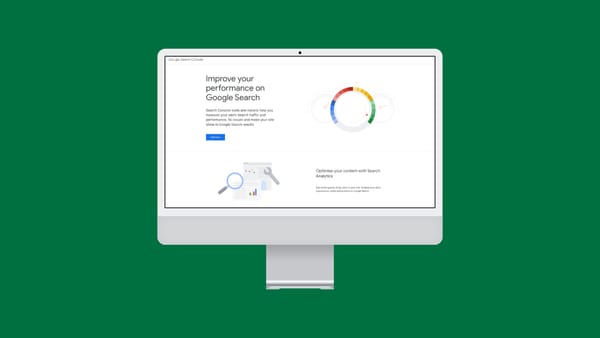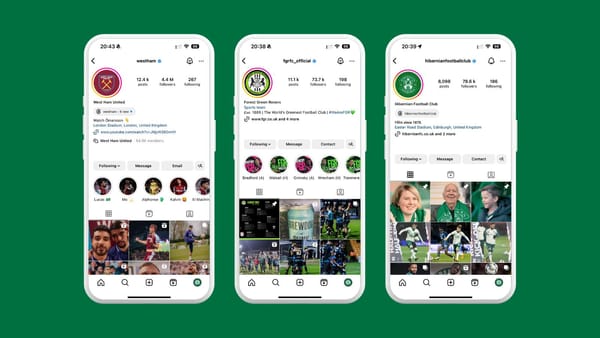Kick It Out study highlights extent of football-related abuse online

Findings unveiled by Kick It Out, football’s equality and inclusion organisation, have revealed that between August 2014 and March 2015 there are 551 football-related discriminatory posts on social media every day.
There have been an estimated 134,400 discriminatory posts made this season, which averages 16,800 per month. This means there is one abusive mention made online every 2.6 minutes.
The staggering figures were released at a special event at Headspace in London yesterday (16 April), following research conducted by Tempero and Brandwatch on behalf of Kick It Out. The research covered all strands of discrimination and looked at the volume of messages issued across publicly accessible social media sources, forums, and websites.
Since the 2012/13 season, Kick It Out has reported 166 incidents of social media abuse to the police as a hate crime, with 113 incidents reported during the 2013/14 season alone.
The research also found that Chelsea (20,ooo), Liverpool (19,000), and Arsenal (12,000) are the three Premier League clubs which receive the highest volume of discriminatory posts. Mario Balotelli (8,000), Danny Welbeck (1,700), and Daniel Sturridge (1,600) are the players who received the most posts. At least half of the abuse Balotelli and Welbeck received was racist in nature, and over 60% of the discrimination directed at Sturridge was based on sexual orientation.
Depressingly, the findings showed that 28% of all discrimination was race related, and 78% of all mentions came from men. With regards to location, the three cities with the highest volume of discriminatory posts were London (14,273), Manchester (4,498), and Liverpool (3,667) – all cities with large populations and successful clubs.
Indeed, success seems to be the common criteria between the victims of discriminatory abuse – Manchester United and Manchester City completed the top five ‘most abused’ list with 11,000 posts each – and Balotelli, Welbeck, and Sturridge all play for the country’s top teams. A look at the matches with the largest volume of discriminatory messages relating to them echoes this trend: of the 10 games, only one of them isn’t between a combination of Chelsea, Liverpool, Arsenal, Manchester United, or Manchester City (Sunderland’s league game against Manchester United in August appears second on the list). Chelsea manager Jose Mourinho, when asked about why his club are the most targeted online, stated: “I think it is because we are boring. We have been top of the league since day one. That is something people in this country don’t like.”
The results highlight how prevalent online abuse has become in football. Yet, despite the staggering figures, the number of individuals who have been charged as a result of their comments online is low. In comments made to the Guardian on the Kick It Out research Superintendent Paul Giannasi of the National Police Chiefs’ Council hate-crime working group said:
“The police do not routinely trawl the internet for hate material, but we are proactive in trying to find solutions to the problem. We work with industry partners and others to try to find solutions that balance the right to free speech with the need to protect individuals from targeted abuse.”
Following the results of this research, Kick It Out is exploring forming an expert group to look at how to tackle football-related hate crime across social media. The organisation is looking to bring together those working within football, the main social media platforms, organisations dealing with internet safety, and the police.





